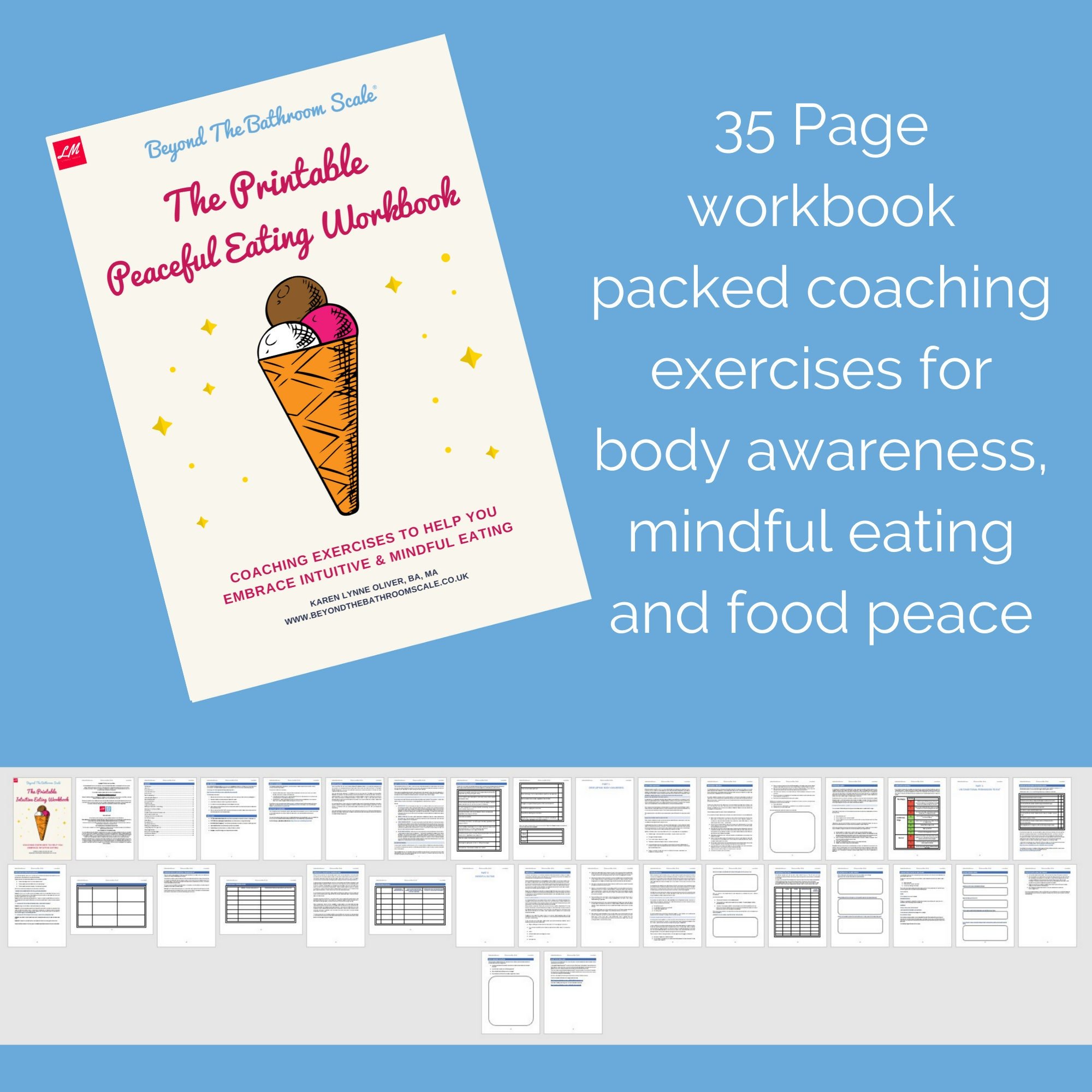Overcoming Food Guilt: 5 Steps to Embrace Food Freedom and Enjoy Eating Again
Food should be a source of nourishment and joy, not guilt or anxiety. Yet, many of us find ourselves trapped in a cycle of shame and regret after eating certain foods. Whether it’s indulging in a dessert, eating more than usual at a social gathering, or simply enjoying a meal without adhering to strict dietary rules, food guilt can rob us of the simple pleasures of eating. But it doesn’t have to be this way. Let’s explore how you can break free from food guilt and embrace food freedom.
1. Challenge the Food Police
One of the first steps in overcoming food guilt is to challenge the "food police" in your mind—the internal voices that judge your food choices as "good" or "bad." These judgments are often shaped by diet culture, which promotes the idea that certain foods are virtuous while others are sinful. To move past this, start by recognizing when these thoughts arise and questioning their validity. Remind yourself that food has no moral value; it’s meant to fuel your body and bring you pleasure.
2. Practice Mindful Eating
Mindful eating is about being fully present during your meals, paying attention to the flavors, textures, and sensations of eating, and listening to your body’s hunger and fullness cues. By slowing down and savoring each bite, you can enjoy your food without distraction or judgment. This practice not only enhances your eating experience but also helps you reconnect with your body’s natural signals, reducing the likelihood of overeating and the guilt that often follows.
3. Cultivate Self-Compassion
It’s important to treat yourself with the same kindness and understanding you would offer a friend. If you find yourself feeling guilty after eating, pause and reflect on why. Are you holding yourself to unrealistic standards? Are you punishing yourself for enjoying something? Instead of being harsh, acknowledge your feelings without judgment and remind yourself that it’s okay to eat without guilt. Self-compassion is key to breaking the cycle of food guilt.
4. Reframe Your Thoughts About Food
Reframing how you think about food can have a profound impact on your relationship with it. Rather than seeing food as the enemy, try viewing it as a source of nourishment, energy, and pleasure. All foods can fit into a balanced diet, and it’s okay to enjoy a variety of foods without labelling them as "good" or "bad." By shifting your mindset, you can begin to see food in a more positive light and free yourself from unnecessary guilt.
5. Embrace Food Freedom
Food freedom means letting go of restrictive diets and rigid food rules and, instead, embracing a more flexible and intuitive approach to eating. It’s about trusting your body to guide you towards what it needs and allowing yourself to enjoy food without fear or guilt. This doesn’t mean eating without any consideration for health, but rather, finding a balance that honours both your physical and emotional well-being. Embracing food freedom allows you to reclaim your relationship with food and experience the joy of eating again.
Ready to Take the Next Step?
If you’re ready to fully embrace food freedom and let go of food guilt for good, our Intuitive Eating Course is here to guide you. In this course, we’ll explore why self-compassion and body acceptance are essential for health and how to break free from the diet mentality that perpetuates food guilt. This journey is crucial for anyone looking to prioritize their physical and mental health over weight loss. Join us and discover how to nourish yourself without guilt, enjoy food with freedom, and cultivate a healthier, happier relationship with eating.
In this course, we'll cover what is meant by Intuitive Eating and how it can help you gain freedom from dieting and improve your relationship with food and your body. We'll cover the main principles of intuitive eating and learn how to avoid turning it into 'just another diet'. We'll look at what the tools of dieting look like, analyse your personal dieting history and examine the dieting mentality and you'll learn to listen to what your body is trying to tell you it needs most.



